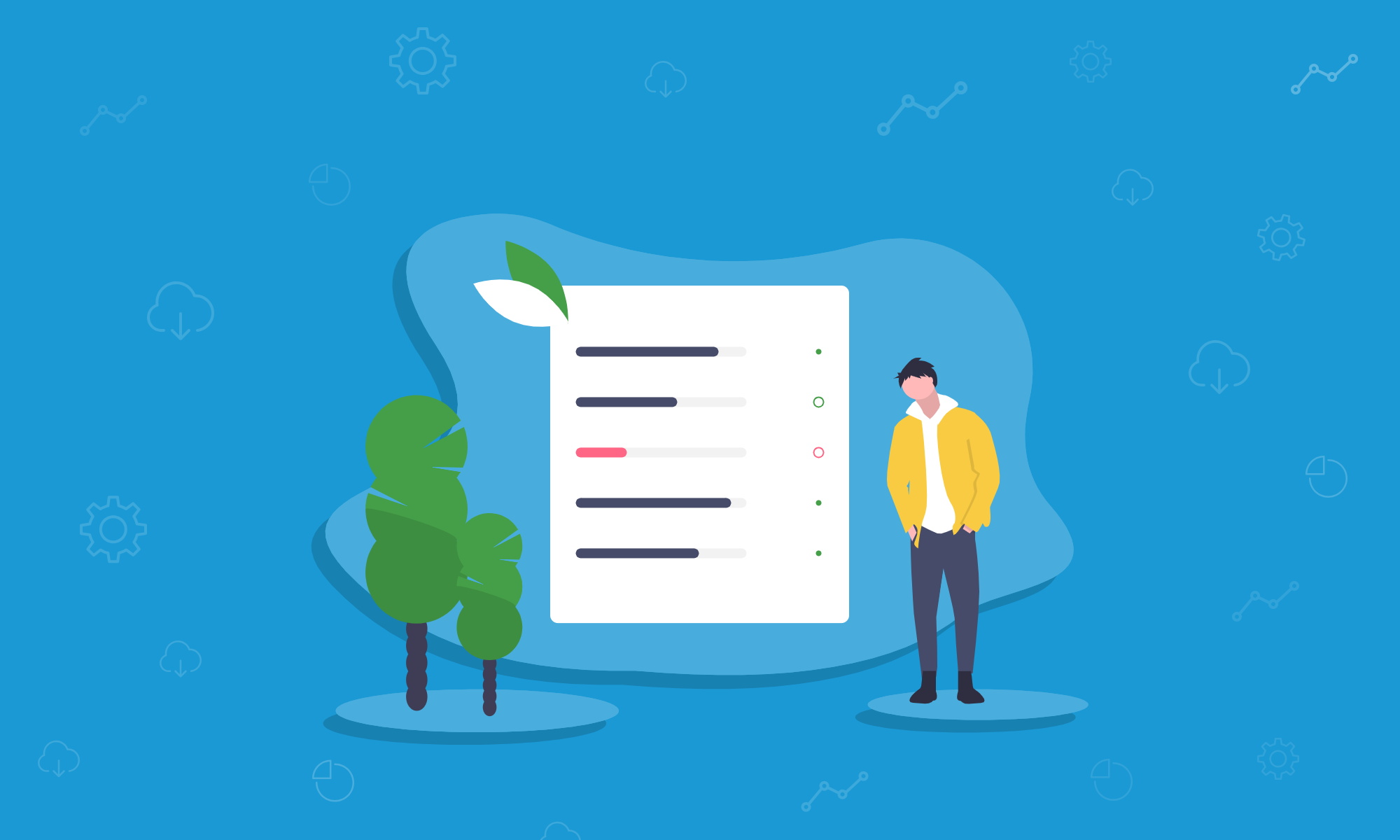It’s easy to get caught up in the day-to-day hustle of running your own business. In amongst all the excitement and anxiety, it’s particularly easy to overlook your financial reports. Which is a massive shame, because they’re incredibly useful.
Whether you’re a brand-new startup or more established, regularly reviewing your financial reports (and actually understanding them) is key to keeping your business healthy and growing.









